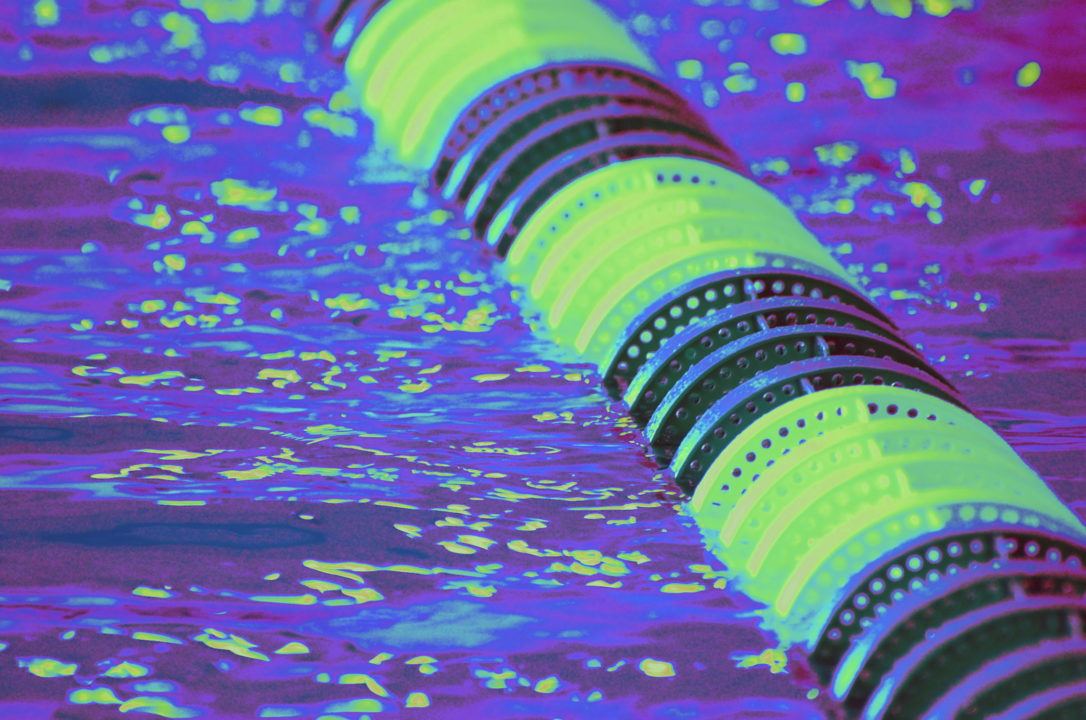The Covid-19 pandemic has disrupted the summer season for many swim teams across the country. But as teams look to get their swimmers back in the water, the impending fall and winter months have raised a new question: how can swimmers safely train outdoors during the winter months?
Many states still have not reopened outdoor pools, and even in places where they have, many indoor pools have not yet reopened. For many teams, this means continuing to train outdoors, where the risk of the spread of coronavirus is generally lower.
Training outside in the winter is not ideal, especially if you live in a colder climate, but even in some southern areas. In places like Texas, for example, generally viewed as “warm weather” states, the temperature still occasionally dips below freezing. But it’s not impossible. Here are some ways you can stay safe and healthy as you continue your outdoor training into the winter months:
1. BRING EXTRAS OF EVERYTHING
Make sure to bring an extra towel and lots of extra layers. While they may take up room in your swim bag, you’ll want to bundle up right after you get out of the water, especially if you don’t want to spend a lot of time standing outside in the cold while you dry yourself off. Also, don’t forget to bring a hat to keep your hair from freezing after practice!
2. DO A LONG WARM-UP
If you can, do a longer warm-up than you normally would. Since you will be going from being in cold air to being in warm water, your body will need some time to adjust to the new temperature. Warming-up a little longer will allow you to wake up your muscles and get your blood flowing.
3. DRINK PLENTY OF WATER
It may not be obvious, but the dry, winter air can easily dehydrate you. While you may not feel as thirsty in the winter as you do in the summer, you can still lose a lot of fluids. Always have a reusable water bottle with you and drink regularly during practice.
4. STAY IN THE WATER
Getting in and out of an outdoor pool in the winter is bad for your circulation, as you will be going from warm to cold temperatures in a short period of time. Try to stay in the water the whole practice. If you need to get out, make sure to bundle up. When you get back in the water, do a short a warm-up to get your blood flowing again.
5. WEAR TWO SWIM CAPS
If it isn’t uncomfortable for you, wear two caps. As the only exposed part of your body in presumably a heated pool, wearing two caps will help keep in your body heat and prevent you from getting too cold during practice. You can also wear your cap or winter hat right up until you get in the water to ensure that your body temperature stays regulated as you take off your other layers.
6. BRING WATER-FRIENDLY CLOTHING
Wearing a parka, a pair of towel pants, or a robe, is a good way to keep you warm after practice without having to deal with the hassle of wet clothes. Bring one of these items with you to throw on at the end of practice.
7. BE CAREFUL TO NOT OVERHEAT DURING PRACTICE
If you’re doing a big sprint set, even in the winter, your body can produce a lot of heat. If your pool is heated, and only your head is above the water, you could, counterintuitively, over heat. Swimmers, listen to your body, and coaches, educate your athletes. If you start to get too hot, take a break to cool off or remove one of those caps.
8. FOLLOW HEALTH AND SAFETY PROTOCOLS
Pools and other public spaces are implementing new safety precautions due to the Covid-19 pandemic. Make sure to follow all of these precautions, whether it be one way traffic, keeping your swim bag 6-feet away from another swimmer’s, or wearing your mask whenever you get out of the water. Not only will these precautions help reduce your risk of getting sick, they will also ensure that you get in and out of the pool area as quickly and efficiently as possible, therefore reducing the amount of time you will spend in the cold.
Swimming outdoors in the winter may seem daunting, but it can be fun if you are taking necessary precautions to protect yourself and your health. These are just a few tips to get you started, but feel free to share any others you may have in the comments.

Great tips, have to conduct guard recerts in this situation
Haha. How about tips for training in open water outside because all the pools are closed. I wish I had access to an outdoor heated pool.
Recommend minimum air/water temps?
Great info! A lot of teams headed this direction.